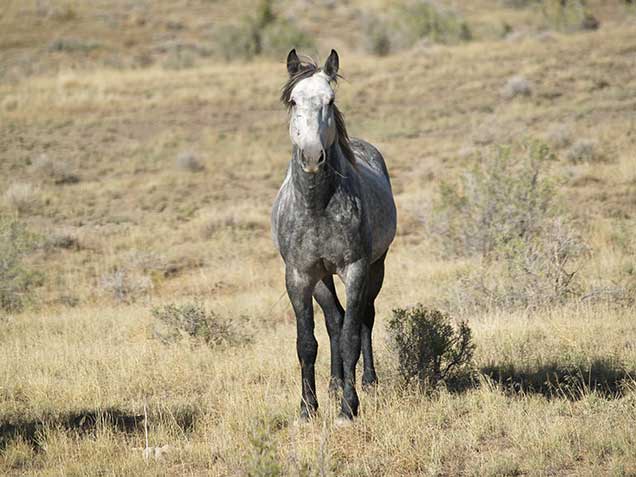In a recent legal development that has captured the attention of residents across South Dakota, federal charges against ranchers Charles and Heather Maude have been dropped. This case, which had implications for the farming community’s relationship with federal authorities, particularly the United States Forest Service, involved a contentious fencing dispute. The charges were dismissed under the Trump administration, bringing relief to the Maudes and their supporters.
“We are incredibly thankful,” said Charles Maude, when asked about the resolution during their appearance on The Bottom Line, a popular Fox Business show. The Maudes’ story highlights the ongoing friction between local South Dakotan ranchers and federal institutions over land management practices.
The Fencing Dispute: A Clash of Interests
South Dakota’s economy is deeply rooted in agriculture, and issues such as land rights and resource management are of particular concern to its residents. The dispute between the Maudes and the United States Forest Service began when fencing regulations on federal land next to their ranch were contested. The Maudes argued that their fencing adhered to necessary state and local guidelines but faced pushback from the federal agency.
The situation reached a legal climax when charges were filed, casting a spotlight on the broader tension between state land-use practices and federal land policies. As Charles Maude explained, “Ranching is not just a livelihood—it’s a way of life here. These disputes affect more than just us as individuals; they concern the entire community.”

Charles Maude
The decision to drop the charges was met with praise from various local stakeholders who view it as a victory for state rights and the autonomy of local ranchers to manage their lands without excessive federal oversight. Heather Maude echoed similar sentiments, emphasizing their gratitude for community support during the ordeal: “We couldn’t have gone through it without our neighbors and friends who stood by us.”
The Legal Resolution and Its Impact
The relief felt by the Maudes brings a sense of closure not just to their personal legal difficulties but to a broader socio-political debate in the region. This case draws attention to South Dakota’s historical context within United States agricultural and land use policy debates. The dropping of charges marks a significant legal and emotional victory for residents who support local land governance.

United States Forest Service
Nationally, South Dakota has often been at the forefront of land-rights discussions, and the Maudes’ case is the latest in a long history of disputes that highlight the dynamic between individual ranchers and federal expectations. Their story exemplifies how local practices and federal policies can sometimes clash, causing significant personal and financial strain on landowners.
South Dakota’s Ranching Heritage
South Dakota’s identity is inextricably linked to its agricultural roots. The state’s wide-open spaces offer both opportunity and challenges for those who work the land. With cattle ranching as one of the primary sectors, the economic health of South Dakota depends significantly on how land-use conflicts are managed and resolved.
The sense of community and mutual support among residents is a cornerstone of South Dakotan culture, which Charles and Heather Maude prominently highlighted during their interview. This communal resilience, in light of federal challenges, reinforces the determination of South Dakotans to maintain control over their own livelihoods.
While the case of Charles and Heather Maude has reached a comfortable conclusion, it serves as a reminder of the ongoing dialogue about land rights that continues to shape the futures of many other ranchers across the state. The outcome of this legal issue underscores the need for understanding and cooperation between local and federal agencies to support the agricultural backbone of not just South Dakota, but the nation.
